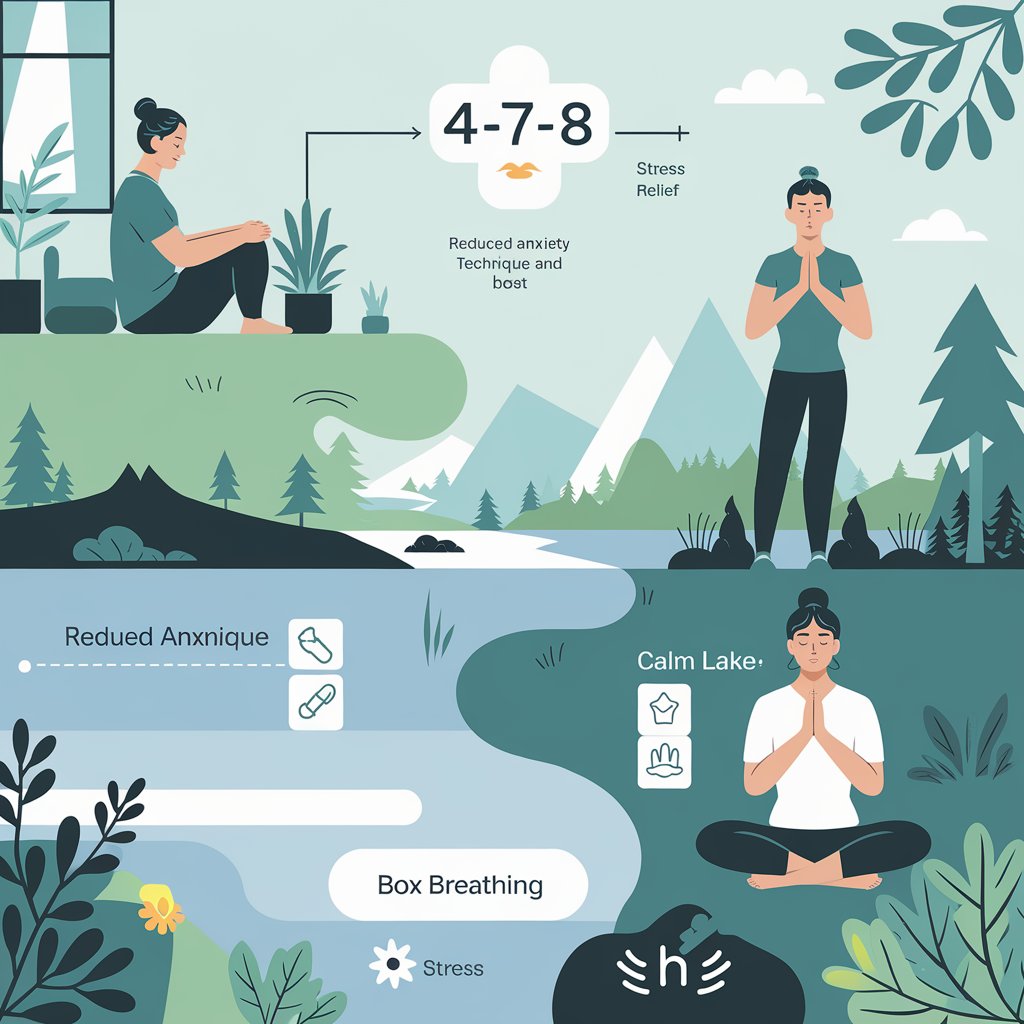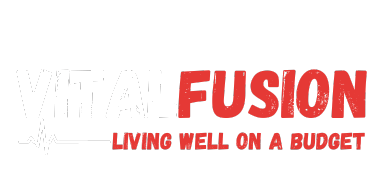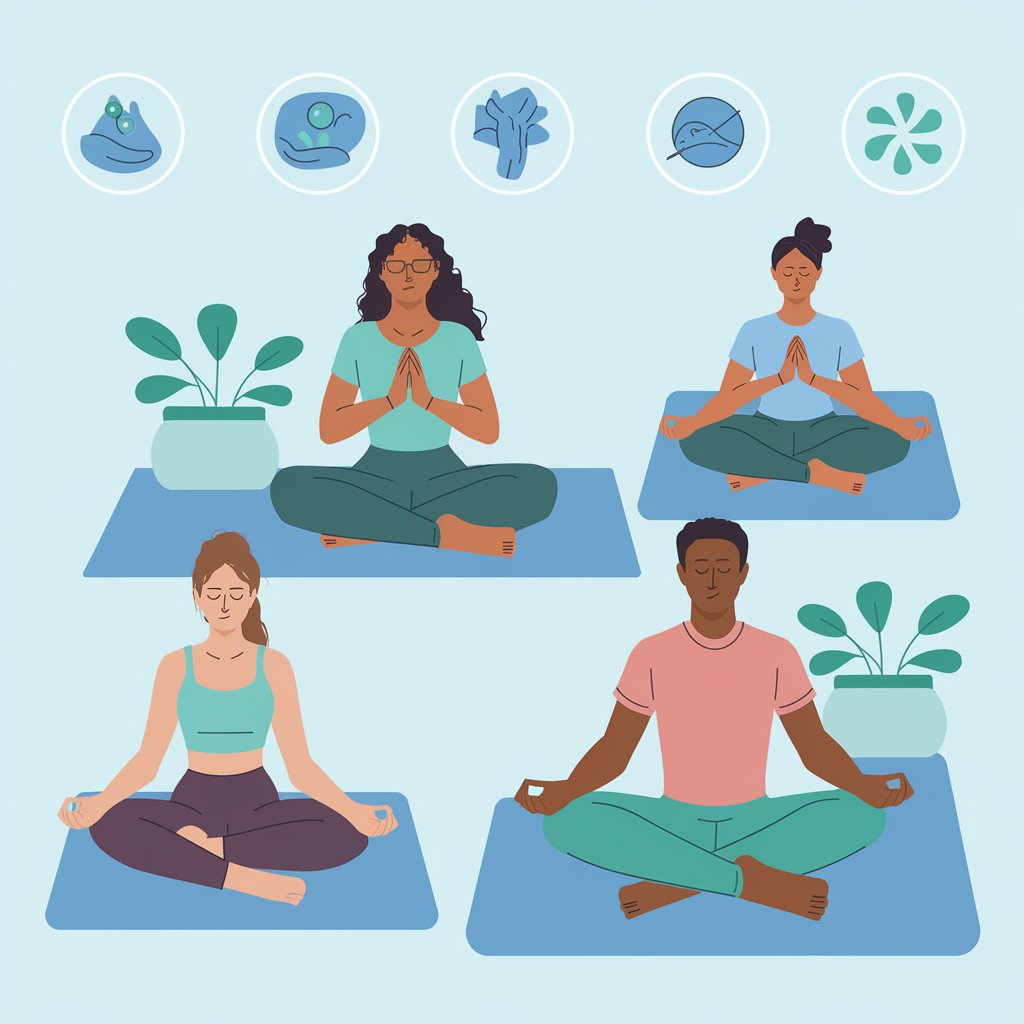Table of Contents
Introduction:
Stress is a universal experience, and we all need effective ways to manage it without breaking the bank. The good news? Self-care doesn’t have to cost a fortune. In this guide, we’ll uncover ten practical, budget-friendly self-care practices that can help you reduce stress and live a happier, healthier life. Whether you’re dealing with work pressure, family responsibilities, or the demands of everyday life, these stress relief techniques will provide you with the comfort you need, all without straining your wallet.
1. Practice Mindful Breathing (Cost: Free)
Stress has a way of catching us off-guard. However, there’s a simple, budget-friendly tool that’s always at your disposal: your breath. Mindful breathing involves taking slow, deep breaths while focusing on the rhythm of your inhale and exhale. Studies have shown that deep breathing can significantly lower cortisol levels, reducing stress and promoting relaxation.
Example Practice:
Try the 4-7-8 technique: Inhale for 4 seconds, hold for 7 seconds, and exhale slowly for 8 seconds. Repeat this for a few minutes to feel immediate relaxation. Just five minutes a day can make a massive difference.
For a more holistic stress management routine, consider incorporating meditation practices into your day, which are equally free and incredibly effective.
If you’re curious about other affordable self-care habits, check out this list of affordable ways to improve your lifestyle that can complement mindful breathing.
2. Engage in Physical Exercise (Cost: Free to Low-Cost)
Moving your body is one of the best ways to combat stress. Exercise releases endorphins, also known as “happy hormones,” that improve your mood naturally.
Budget-Friendly Options:
- Walk in Nature: A brisk 20-minute walk in a park or around your neighborhood can do wonders for your mental state.
- Home Workouts: Platforms like YouTube offer countless free videos on yoga, HIIT, or even dance routines. Start your morning with 15 minutes of movement, and notice how much better you feel throughout the day.

3. Journaling for Emotional Release (Cost: $1-$5)
Putting pen to paper is a powerful way to let go of pent-up emotions. Journaling allows you to process your thoughts, gain clarity, and identify stressors that may be impacting your life.
Example:
Every evening, write down three things that made you happy that day and one challenging moment. Not only does this exercise boost positivity, but it also helps you identify patterns in your stress triggers.
4. Try Guided Meditation Apps (Cost: Free Versions Available)
Guided meditation is an excellent tool for calming your mind and focusing on the present moment. Apps like Insight Timer and Calm have free versions with a wealth of guided sessions designed to reduce stress.
Pro Tip:
Start with a 5-minute meditation each morning or before bed. The regular practice of meditation has been linked to lower anxiety levels and improved emotional health, all from the comfort of your home.
5. Herbal Teas and Aromatherapy (Cost: $5-$10)
Certain herbs have natural calming properties. Drinking a cup of chamomile tea or inhaling lavender essential oil can help reduce anxiety and encourage a restful night’s sleep.
DIY Tip:
Try a simple lavender sachet near your pillow or a budget-friendly diffuser with a calming essential oil blend. These small sensory experiences can be powerful stress relievers.
6. Digital Detox (Cost: Free)
Many of us don’t realize the toll that constant exposure to screens and social media can take on our mental health. Set aside time each day to disconnect.
Challenge Yourself:
Designate an hour before bed as “screen-free” time. Instead of scrolling, opt for reading a book or practicing a relaxing activity like drawing or stretching. The mental space this creates can be a significant stress reliever.
7. Connect with Loved Ones (Cost: Free)
Human connection is essential for emotional well-being. Spending time with loved ones, sharing laughs, and talking through problems can alleviate stress immensely.
Budget-Friendly Ideas:
- Phone a Friend: A 15-minute call to someone you care about can lift your spirits.
- Plan a Picnic: Gather friends or family at a local park and enjoy some quality time together. It doesn’t require much more than homemade sandwiches and a blanket.
8. Explore Creative Hobbies (Cost: $5-$10)
Expressing yourself through art, music, or another creative outlet is therapeutic. Consider drawing, knitting, writing, or even cooking as a form of creative expression.
Example:
Pick up an adult coloring book and spend 10-15 minutes coloring each day. This can help quiet your mind and reduce feelings of anxiety.
9. Practice Gratitude (Cost: Free)
Taking time to reflect on what you’re thankful for shifts your mindset from stress to appreciation. This simple practice has been linked to improved mental health and increased resilience to stress.
Daily Practice:
Every morning or night, list three things you’re grateful for. It could be as simple as a sunny day or a delicious meal. This daily exercise helps build a mindset focused on positivity rather than stress.
10. Get Enough Rest (Cost: Free)
Sleep is vital for managing stress, but it’s often the first thing we neglect when we’re overwhelmed. Creating a calming bedtime routine and prioritizing sleep hygiene can lead to more restful nights and lower stress levels.
Tips for Better Sleep:
- Avoid caffeine in the late afternoon.
- Establish a consistent sleep schedule, even on weekends.
- Create a relaxing environment in your bedroom: cool, quiet, and dark.
Conclusion:
Self-care doesn’t have to be expensive or complicated. By incorporating these ten budget-friendly practices into your routine, you can reduce stress, improve your well-being, and create a healthier mindset for the future. Start small—choose one or two of these practices to implement this week, and watch how your stress begins to ease. We’d love to hear from you: Which of these self-care practices do you already use, and which one will you try next? Share your experiences in the comments below!






